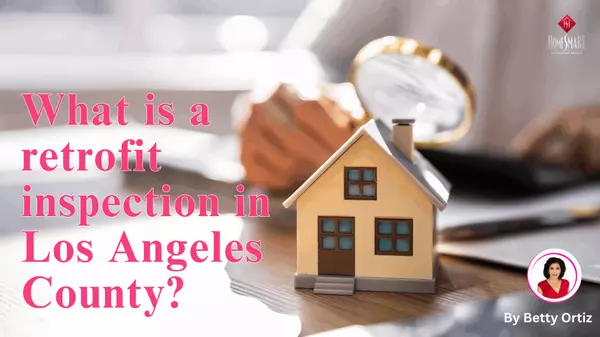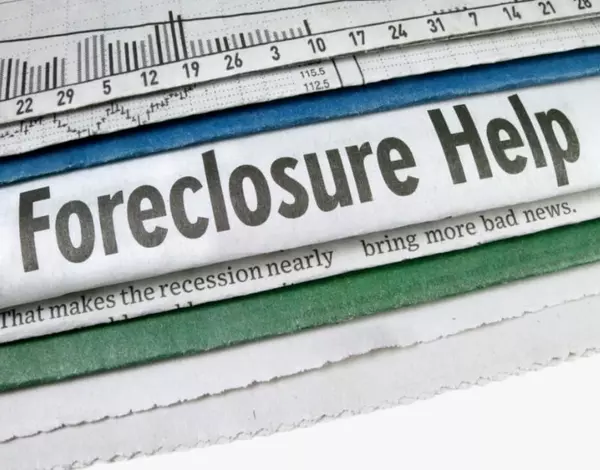6 Things to Know Before Buying a Home
Buying a home is an exciting milestone, but it’s also one of the biggest financial decisions you’ll make. Whether you're a first-time buyer or looking to upgrade, being well-prepared can save you time, money, and stress. Here are six crucial things you need to know before starting your home-buying journey.
1. Get Pre-Approved—Know What You Can Afford
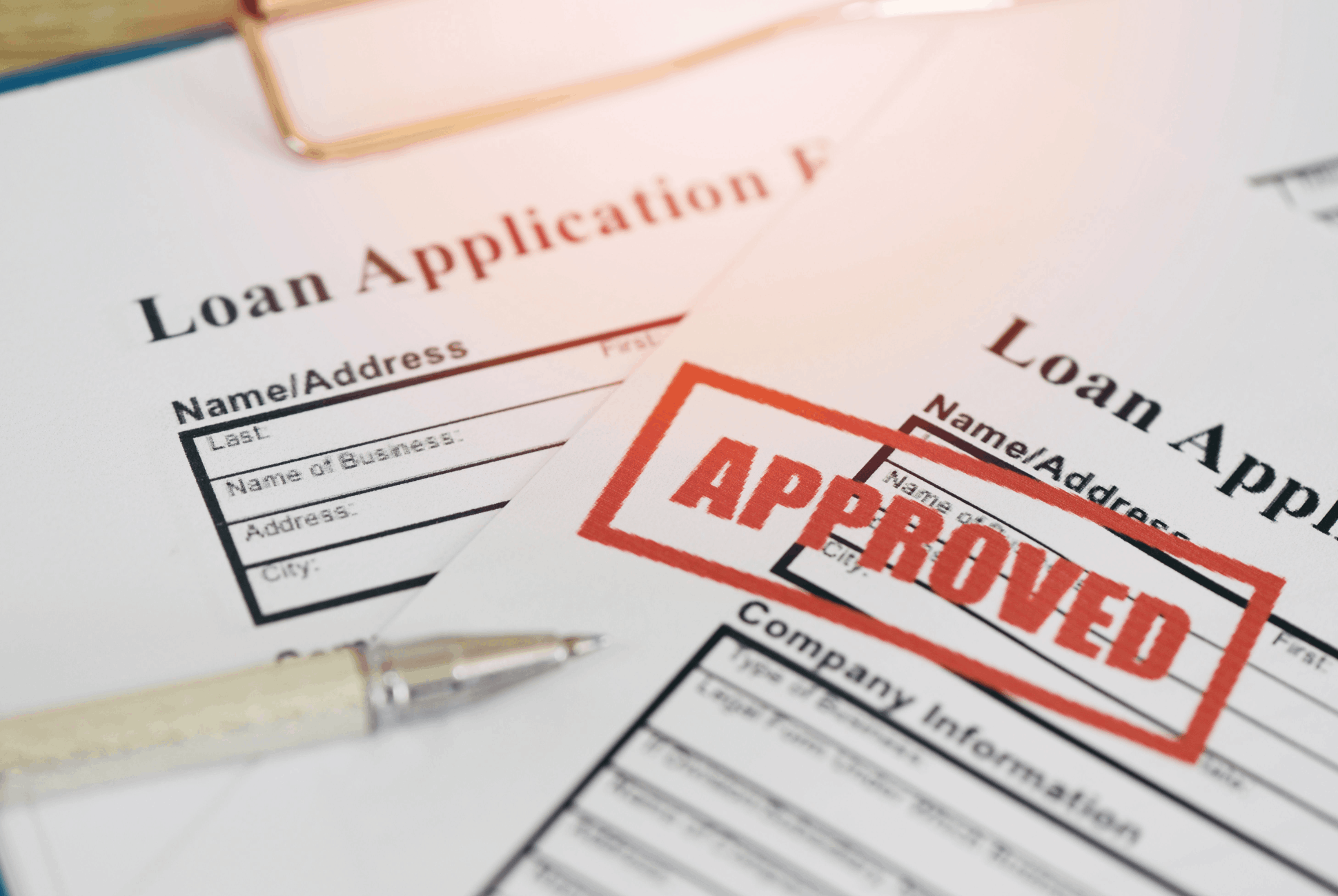
Before you start house hunting, it's essential to know how much home you can afford. The best way to do this is by getting pre-approved for a mortgage. Pre-approval gives you a clear idea of your budget and shows sellers that you’re a serious buyer.
📌 Key Factors That Impact Your Loan Approval:
- Credit Score: A higher score can secure a lower interest rate. Aim for 700+ for the best rates, but some lenders approve loans with scores as low as 580.
- Debt-to-Income Ratio (DTI): Lenders prefer a DTI below 43%, meaning your monthly debts (credit cards, car loans, etc.) shouldn’t exceed 43% of your income.
- Down Payment: While 20% is ideal to avoid private mortgage insurance (PMI), many loan programs allow as little as 3%-5% down.
💡 Pro Tip: Don’t forget to budget for property taxes, homeowners insurance, and potential HOA fees.
2. Check and Improve Your Credit Score
Your credit score plays a major role in determining your mortgage terms. A higher credit score can save you thousands in interest payments over the life of your loan.
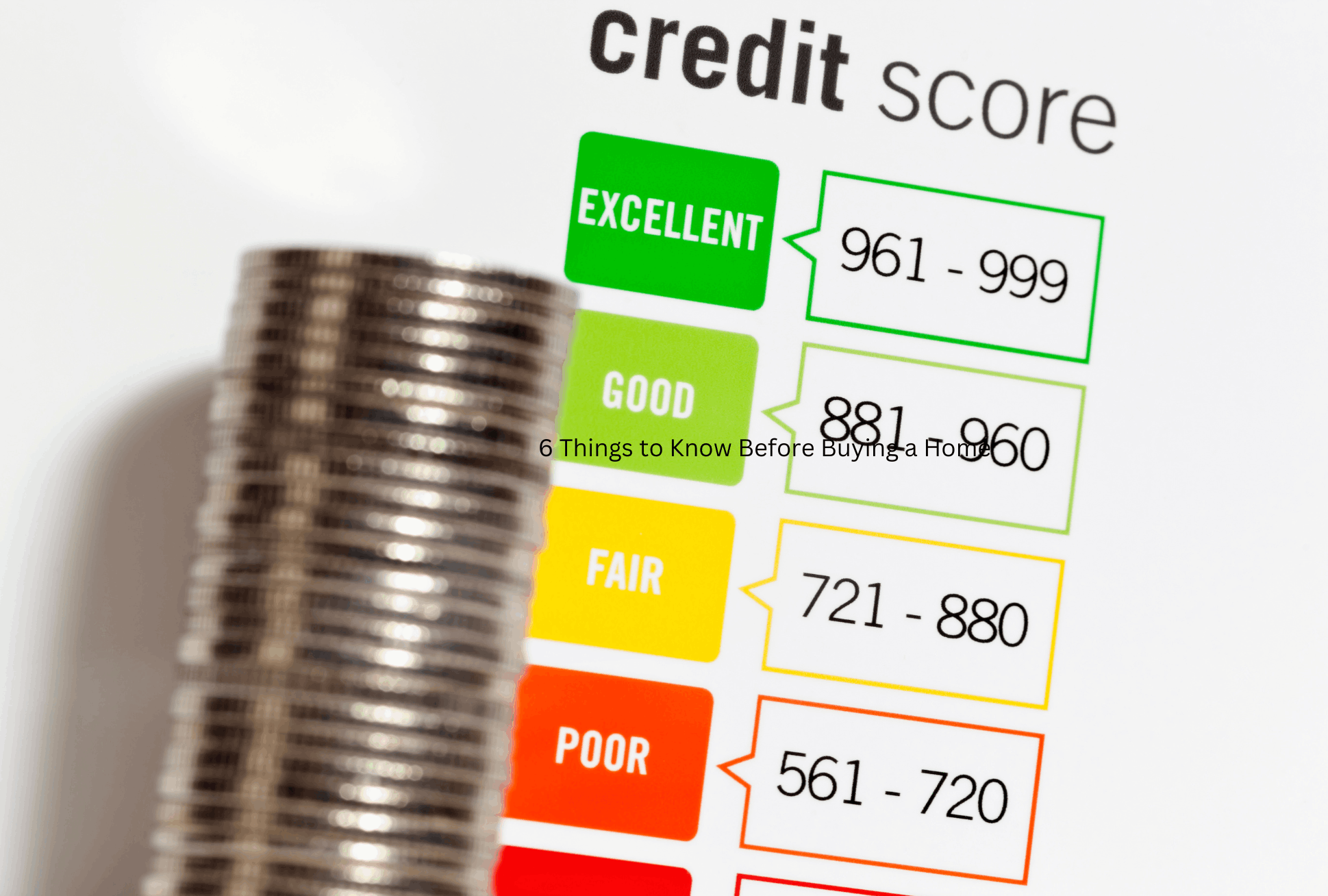
🔎 Steps to Boost Your Score Before Buying:
✔️ Pay down existing debt, especially credit cards.
✔️ Avoid opening new lines of credit or making large purchases.
✔️ Make all bill payments on time.
✔️ Check your credit report for errors and dispute any inaccuracies.
💡 Pro Tip: If your credit score is low, consider waiting a few months to improve it before applying for a mortgage. Even a small increase in your score can lower your interest rate.
3. Research the Neighborhood, Not Just the House
A home’s location can significantly impact its value and your quality of life. Spend time researching neighborhoods before making an offer.
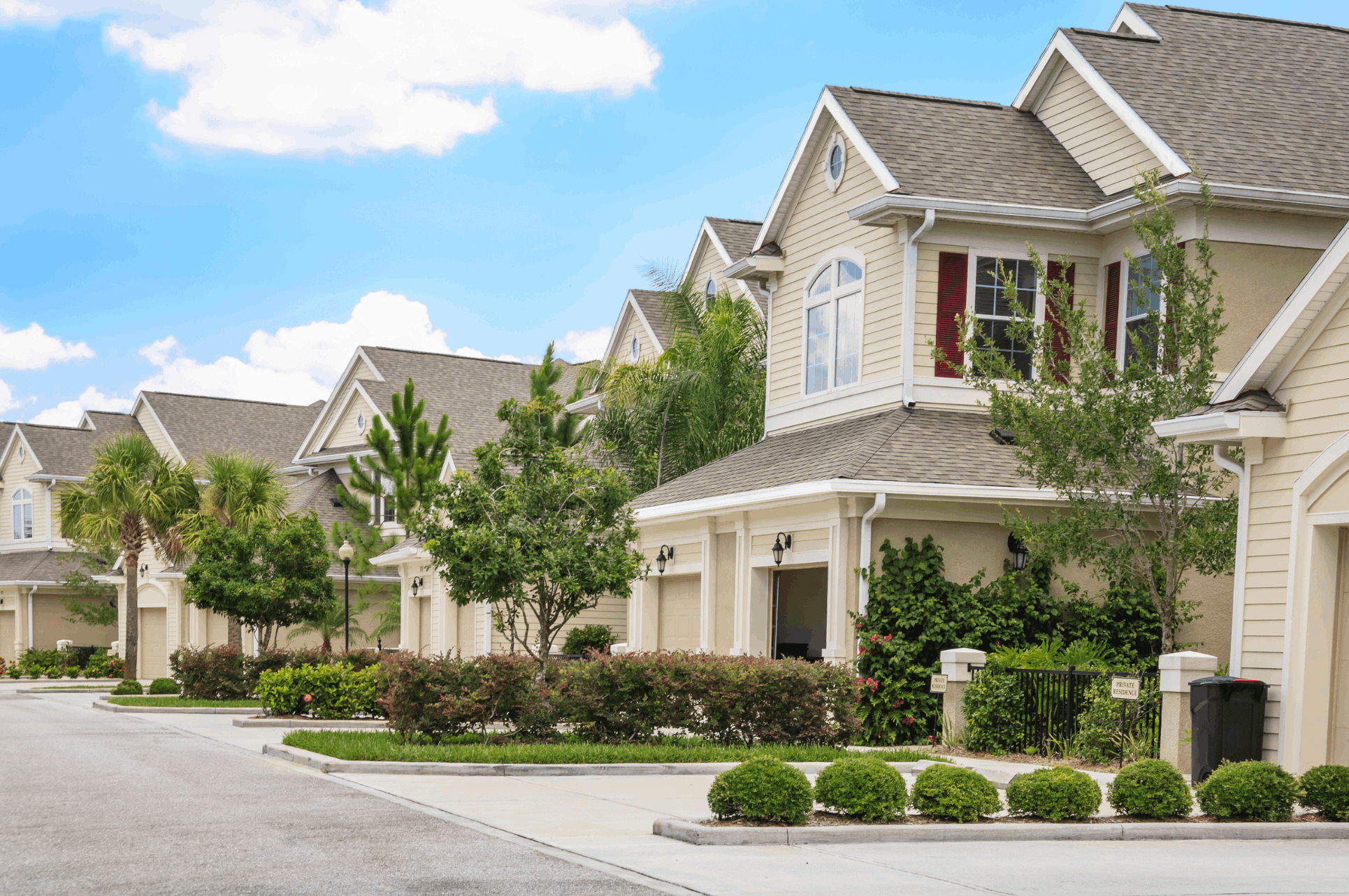
🏡 What to Look for in a Neighborhood:
- Schools: Even if you don’t have kids, good school districts increase property values.
- Safety: Check crime rates online or talk to local law enforcement.
- Commute: Test drive your commute during peak hours to see if it’s manageable.
- Future Development: Are there new shopping centers, highways, or public transit plans? Future developments can either boost home values or disrupt the area.
- Community Vibe: Visit at different times of the day to see if it fits your lifestyle.
💡 Pro Tip: Talk to neighbors to get insider information about the area.
4. Never Skip a Home Inspection
A home inspection is one of the most important steps in the home-buying process. Even if the house looks perfect, there could be hidden problems that could cost you thousands in repairs.
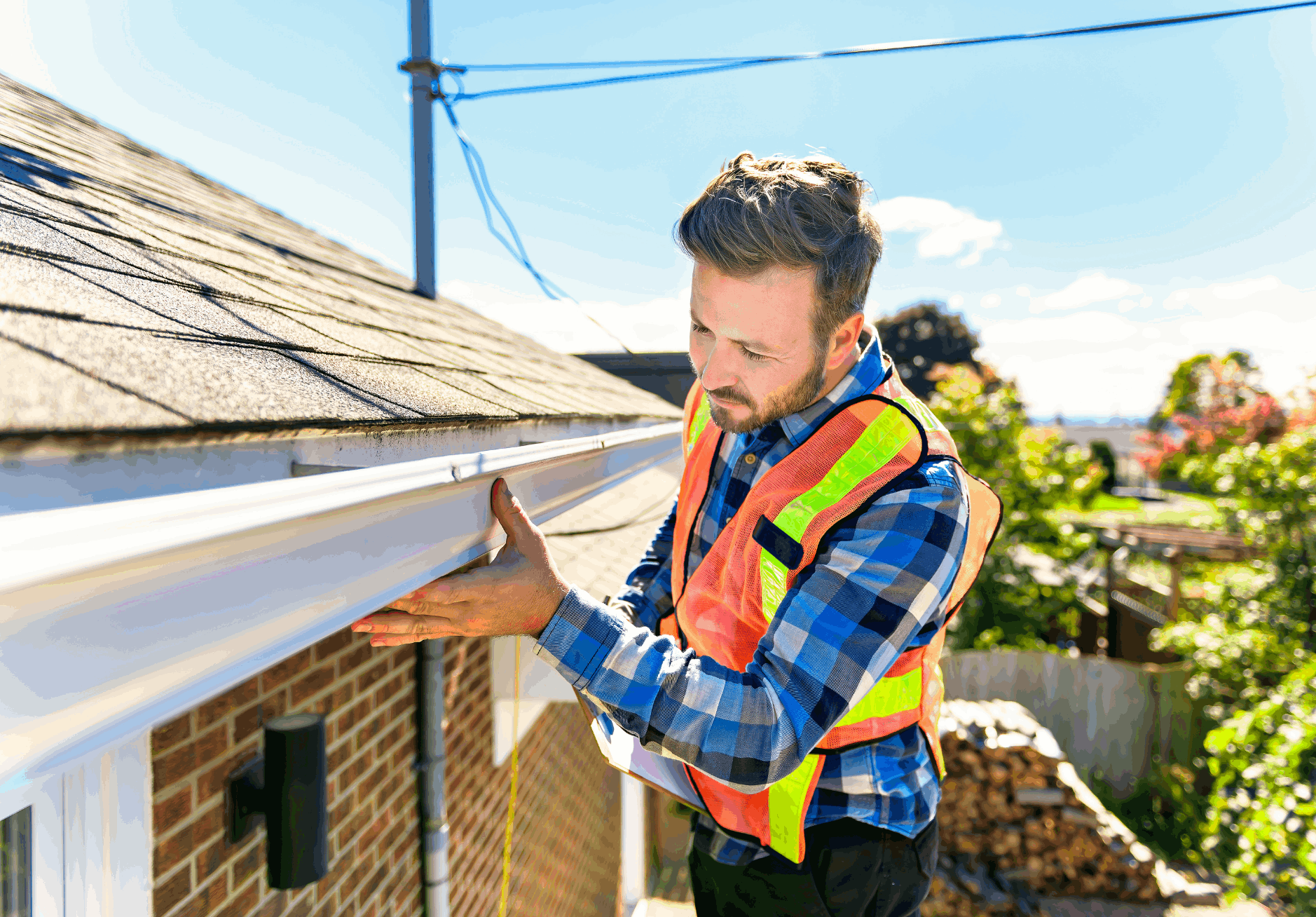
🔍 Common Issues Found During Inspections:
- Foundation Cracks: Can lead to major structural issues.
- Roof Damage: Replacing a roof can cost $10,000 or more.
- Plumbing and Electrical Problems: Outdated wiring or leaky pipes can be expensive to fix.
- Mold or Water Damage: Often a sign of deeper issues like poor drainage or leaks.
💡 Pro Tip: If major issues are found, negotiate with the seller to lower the price or request repairs before closing.
5. Understand the True Costs of Homeownership
Buying a home involves more than just the mortgage payment. Be prepared for additional expenses, some of which can catch new homeowners off guard.

💰 Additional Costs to Budget For:
✔️ Closing Costs: Typically 2%-5% of the home price, covering lender fees, title insurance, and escrow fees.
✔️ Property Taxes: Varies by location—California's average is around 1.1% of the home’s value annually.
✔️ Homeowners Insurance: Required by lenders; expect to pay $800-$2,000 per year.
✔️ HOA Fees: If applicable, these fees can range from $100 to $500+ per month.
✔️ Maintenance & Repairs: Set aside 1%-3% of your home’s value annually for upkeep.
💡 Pro Tip: Have an emergency fund for unexpected repairs—homeownership comes with surprises!
6. Think Long-Term: Your Home as an Investment
Buying a home isn’t just about your current needs—it’s an investment in your future. Consider how the home will fit your long-term plans.
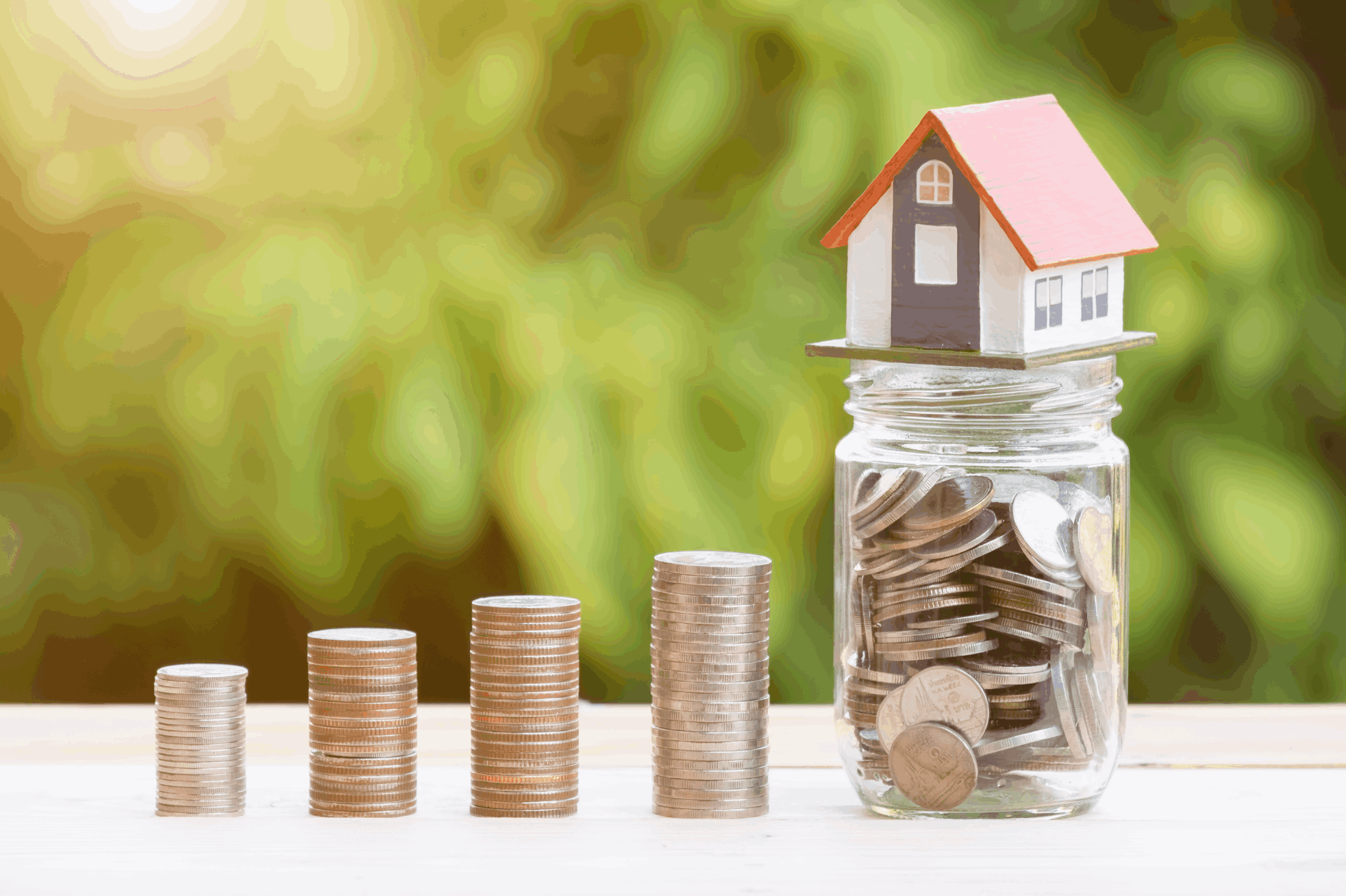
🔑 Questions to Ask Yourself:
- Will I be in this home for at least 5-7 years? Selling too soon may result in a financial loss due to closing costs and market fluctuations.
- Is the area appreciating in value? Research historical home prices to see if property values are rising.
- Can I afford future renovations or expansions? If the home is small now, will it still work for you in a few years?
💡 Pro Tip: If you’re unsure about long-term commitment, consider a home that allows for rental income (such as a property with an ADU) to provide flexibility.
Final Thoughts
Buying a home is one of the most significant investments you’ll make, and being informed is the key to success. By understanding your finances, researching the neighborhood, and preparing for homeownership costs, you can confidently navigate the process.
Need Expert Guidance? Let’s Talk!
If you're thinking about buying a home in Los Angeles or Ventura Couty, I’d love to help you find the perfect home. Let’s chat and create a plan that works for you!
Betty Ortiz I Realtor, SRES, ABR, Relocation
Direct (818)270.7090
HomeSmart Evergreen Realty - 18860 Nordhoff St, Northridge, CA 91324
Categories
Recent Posts
